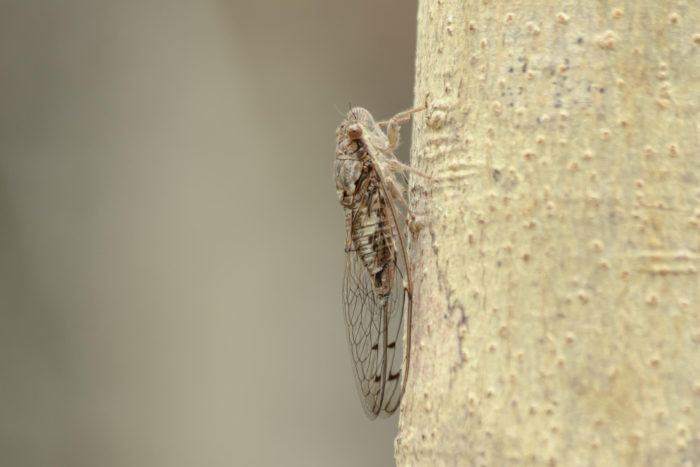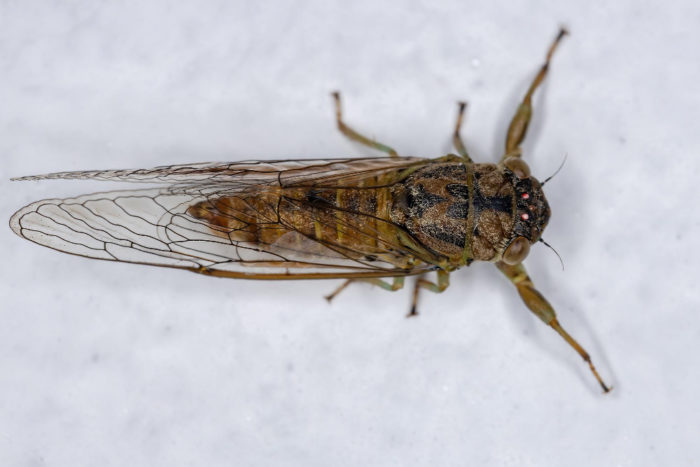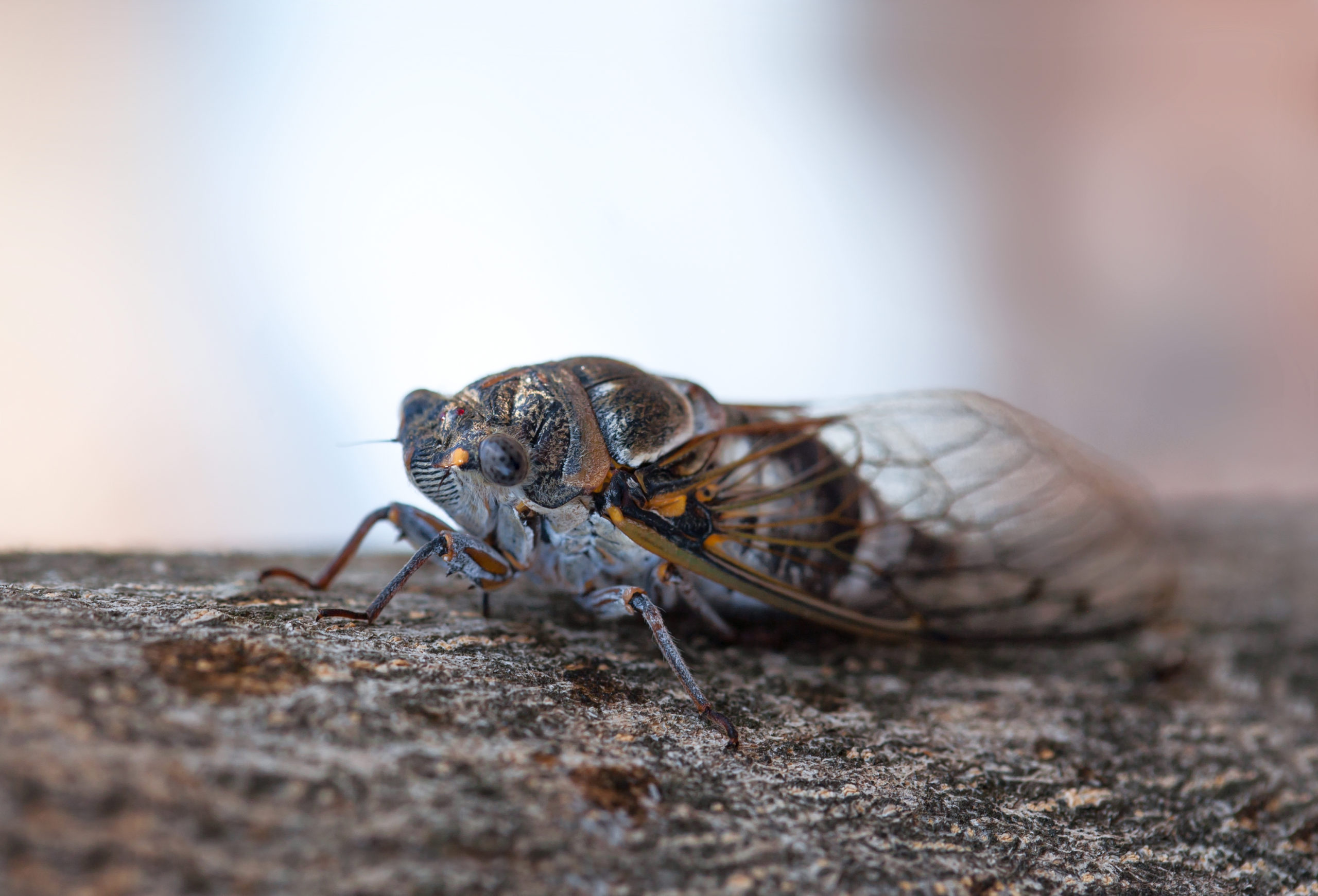What’s that continuous loud buzzing noise coming from the garden? You might’ve pondered over this question on a lazy afternoon or a time when you needed some peace to concentrate on a task you meant to finish long ago.
Well, it might have been a Cicada all along.
If you live in one of the many parts of the eastern United States, you might’ve witnessed an odd phenomenon. Depending on your location, a noisy bunch of insects come out from the ground in massive numbers and fill your summer with their buzzing. These noisy insects are popularly known as cicadas.
Important Note: If you're tired of pests and want a reliable solution, then you should definitely consider seeking help from a professional pest control company. DIY solutions can be effective, but if you're dealing with a significant pest infestation, you don't want to rely solely on DIY methods. Pest control companies typically don't charge huge fees. You can fill out this form to receive free quotes from the top local pest control companies, and compare the quotes and see for yourself. Then, finally, your pest problems will be eliminated for good.
Identification
How do you identify one of these? Well, a cicada is a large insect, ranging from 0.8 to 2 inches in length. These bugs are hard to miss. You can easily spot one as they have distinct physical features.

Cicadas are identified by their stout bodies and wide heads. They possess clear-membraned wings and large compound eyes, but these physical attributes are not all that’s about them. In fact, they are famous or rather infamous for the shrill sound they produce.
There are 3,000 known species of cicadas- some resurface each year while others emerge periodically after every 13-17 years. Found in every continent except Antarctica, these insects love the sun and usually mount up during the summer season.
Sound of Cicadas
For many people, summertime is hard to imagine without the sound of cicadas. The female cicadas produce a low buzzing sound rendered due to the flapping of wings. These percussive wing flicks get the attention of male cicadas, and it compels them to sing their court songs in response.
Now, a brood of male cicadas will gather in a tree to give out an almost endless buzzing noise. These male cicadas produce loud noises by vibrating membranes called tymbals, present near the base of their abdomens.
Several entomologists have recorded the noise to go as high as 90 decibels. To give you an estimate of how overwhelming this noise can be, jet planes produce a sound ranging between 70-80 decibels. So, cicadas are pretty loud!
Are Cicadas Harmful?
Given their appearance- bulbous eyes and broad head, which might seem intimidating to some, a natural question pops up to mind. Are cicadas dangerous?
Cicadas are large insects and might look scary at first, but there’s no need to worry. They won’t bite you or your pets. In fact, their mouths have no mandibles or jaws with which they can harm anyone.
Your pets might get attracted to them due to their shrill pitch and end up gobbling them up, but this again will cause no serious damage. Cicadas are non-venomous insects, so other than a probable upset stomach, your pets will be pretty much out of harm’s way.

But, they might inflict some damage to your garden. Females may damage young broadleaf trees and shrubs when they lay eggs in the ends of small branches, which generally kills the branch above where the eggs are laid.
Conclusion
Cicadas are overall fascinating creatures that spend most of their lives underground. Young cicada nymphs hatch from their eggs and dig themselves into the ground to suck the sap from roots. They spend their entire developmental period in these burrows and emerge only to mate.
This unusual way of life has made them a source of awe for generations. Several folklores and myths even symbolize them with carefree living and immortality.
The underground activities of cicadas help the environment in some ways. Their burrowing churns up the ground, loosening the soil. This helps air reach plant roots and also aids water to percolate deeply.
So, when you see a cicada, just admire the beautiful creature as it won’t stick around for long.

